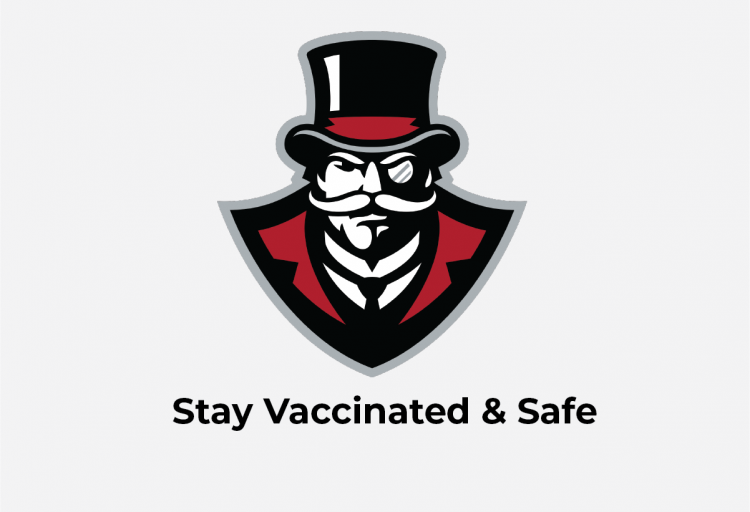» By CONOR SCRUTON – cscruton@my.apsu.edu
Everyone, whether traveling or just lying on the couch, is getting pumped for spring break. It seems the furthest thing from students’ minds is safety.
While spring break is meant to give students a chance to let off steam, traveling can be dangerous. When having fun over break, safety should be the number one priority.
Here are some tips to make sure everyone’s break is a safe and fun one.
It is important to have contacts back home anytime one takes a trip. The first thing travelers should do when planning a trip is leave contact information with several people, parents preferably being the primary contacts.
It may seem like leaving information with parents defeats the purpose of spring break, but they will be the first to notice their children didn’t contact them as expected.
Some items that should be left include an itinerary and, if leaving the country, a copy of a passport. Be sure to choose another trusted adult as well, and make contact on a daily basis. Another tip for traveling abroad is researching the destination. Some cultures are very different from Americans’, and offending locals can end badly.
It is also important to be conscious of political and social issues in the area that could affect the trip. Also, be sure to register the trip with the U.S. Department of State, as this allows the government to contact any travelers that feel endangered.
The Department of State is a good general reference and can be accessed online at travel.state.gov.
It is also very important to learn the laws of the travel location. Being an American citizen does not save travelers from a foreign country’s justice system. Keep this in mind when consuming alcohol.
The next safety tip goes all the way back to elementary school: the buddy system. “We’re going to London over spring break,” said freshman Daniel Pitts. “We’re using the buddy system to stay safe, but also just to make sure we don’t get lost.”
Most students understand this system, but special care should be taken when alcohol is involved. One buddy should agree to stay sober and make sure the other does not get into trouble. The next night, buddies can switch roles so everyone has a good time, but stays safe as well.
That last, and most important, safety tip is to have an emergency plan. Learn the phone numbers of the local authorities, and carry emergency contact information at all times. Hotels can also be used as contact numbers in case of an emergency.
Now that you know the basics, it is up to you to keep you and your friends safe over break. Don’t let dangerous situations ruin your fun because you didn’t protect yourself. TAS


